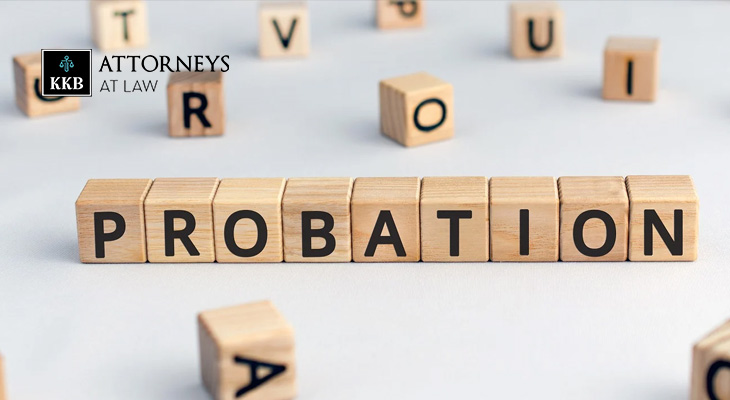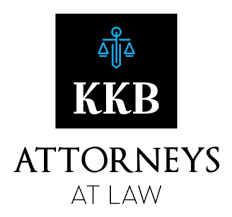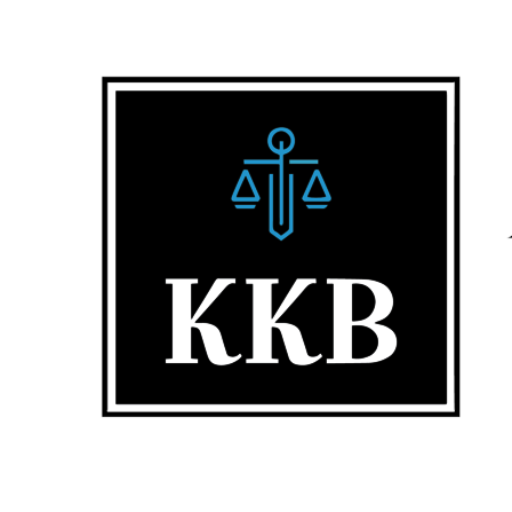| A probation period is a trial period of employment at the start of a new role. The period allows both employee and employer to see if they are a ‘good fit’ and gives the employer an opportunity to evaluate an employee’s conduct and job performance, and if necessary remove or reassign the employee. Probation periods usually lasts from 3 to 6 months and during the probationary period the employee should be given reasonable evaluation, instruction, training, guidance, or counselling. If the employer considers the employee‘s performance to be deficient, the employer should advise the employee of any aspects in which the employer considers the employee is failing to meet the required performance standards. The parameters of standards must be clearly set out to the employee before and during the period of probation. At the expiry of the probationary period the employee must be notified whether he or she has successfully completed probation and if employment is to be confirmed. If the employee is unsuccessful the employer is obliged to communicate as much and notify the employee of non-confirmation of the job. It is crucial for an employment agreement to have a probation clause to ensure that the employee is a right fit for the organization and that the employee is competent for the job which they are being employed for. A probation period makes it easier for both the employee and the employer to terminate the employment engagement if their expectations have not been met. However, to be on the safe side of the law employers should follow all the requisite procedures as provided by law and jurisprudence. To be better advised, employers should consult qualified lawyers, who can advise on all valid considerations employers should put in mind before and during the probation periods to avoid any legal repercussions that may arise in the future. |





